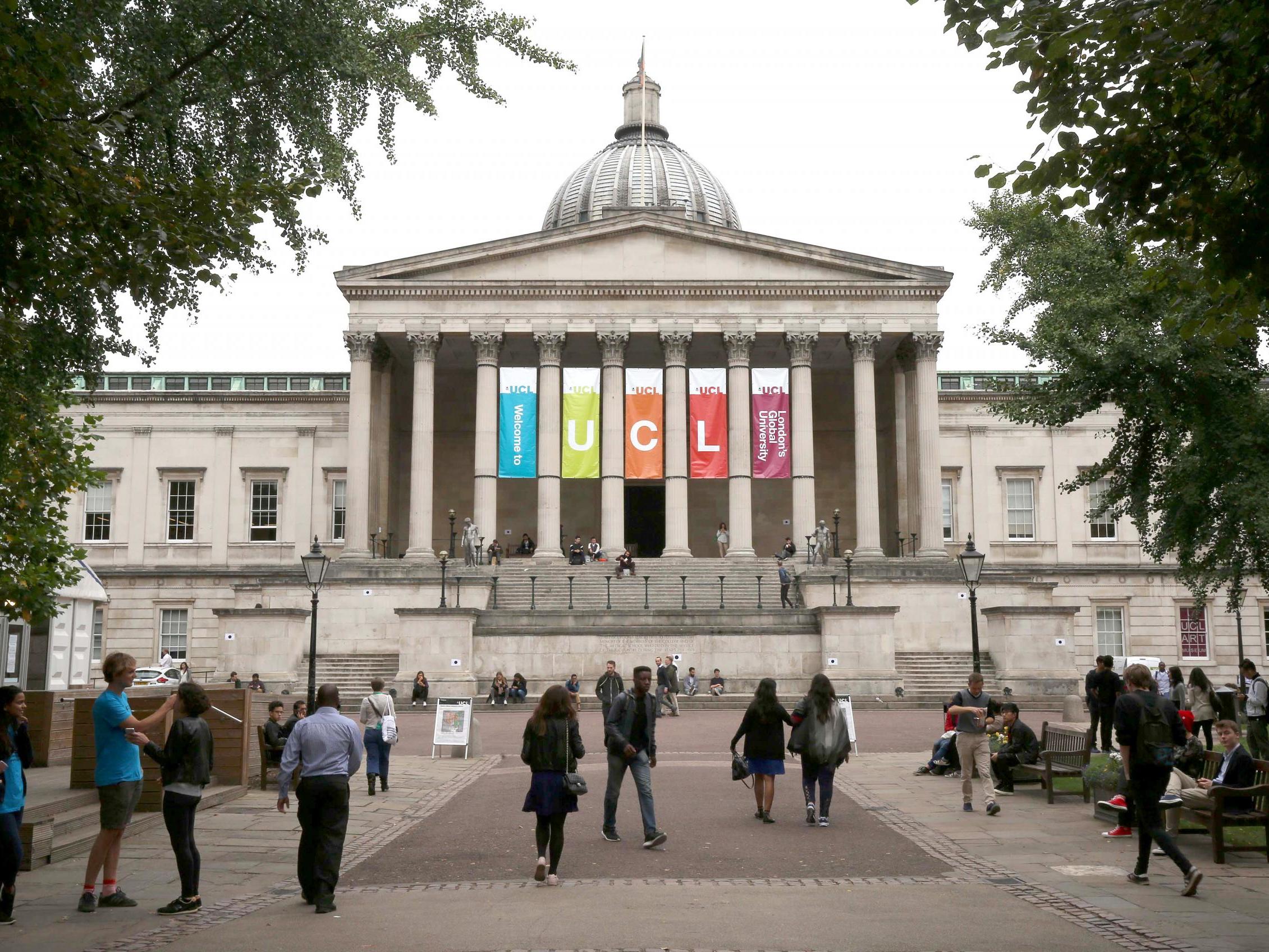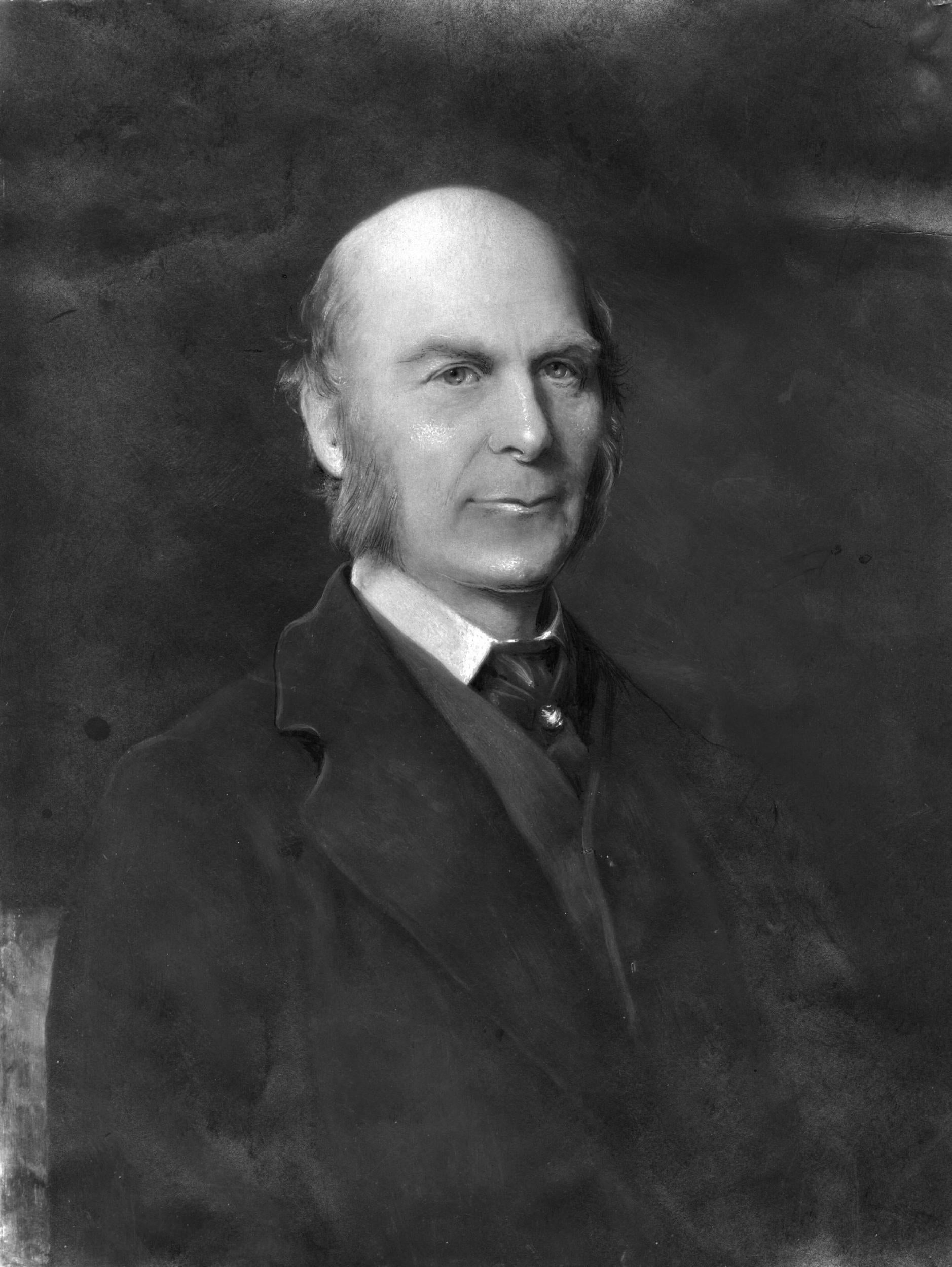UCL renames building and rooms named after prominent eugenicists
Victorian scientist Francis Galton coined the term eugenics and endowed UCL with his personal collection and archive

Your support helps us to tell the story
From reproductive rights to climate change to Big Tech, The Independent is on the ground when the story is developing. Whether it's investigating the financials of Elon Musk's pro-Trump PAC or producing our latest documentary, 'The A Word', which shines a light on the American women fighting for reproductive rights, we know how important it is to parse out the facts from the messaging.
At such a critical moment in US history, we need reporters on the ground. Your donation allows us to keep sending journalists to speak to both sides of the story.
The Independent is trusted by Americans across the entire political spectrum. And unlike many other quality news outlets, we choose not to lock Americans out of our reporting and analysis with paywalls. We believe quality journalism should be available to everyone, paid for by those who can afford it.
Your support makes all the difference.Lecture theatres and a building named after prominent eugenicists Francis Galton and Karl Pearson have been renamed, University College London has announced.
The university said on Friday that the Galton Lecture Theatre had been renamed Lecture Theatre 115, the Pearson Lecture Theatre changed to Lecture Theatre G22 and the Pearson Building to the North-West Wing.
Victorian scientist Francis Galton coined the term eugenics and endowed UCL with his personal collection and archive along with a bequest for the country’s first professorial chair of eugenics of which Karl Pearson was the first holder, the university said.
It said that signs on the building and lecture theatres will be taken down with immediate effect while other changes to the names on maps and signposts will take place as soon as “practicable”.
UCL president and provost Professor Michael Arthur said the move was an “important first step” for the university as it and acknowledges and addresses its historic links with the eugenics movement.
He added: “This problematic history has, and continues, to cause significant concern for many in our community and has a profound impact on the sense of belonging that we want all of our staff and students to have.
“Although UCL is a very different place than it was in the 19th century, any suggestion that we celebrate these ideas or the figures behind them creates an unwelcoming environment for many in our community.
“I am also clear that this decision is just one step in a journey and we need to go much further by listening to our community and taking practical and targeted steps to address racism and inequality.”
Eugenics was the study of the selective breeding of humans to increase the occurrence of heritable characteristics regarded as desirable.
The decision was made by Prof Arthur and ratified by the university’s council following a recommendation from its buildings naming and renaming committee.

The committee, made up of staff, students, and equality, diversity and inclusion representatives, will also oversee any future renaming of the areas, UCL said.
Professor of pharmaceutical nanoscience Ijeoma Uchegbu, the provost’s envoy for race equality, said: “I cannot begin to express my joy at this decision.
“Our buildings and spaces are places of learning and aspiration and should never have been named after eugenicists.
“Today UCL has done the right thing.”
The renaming follows a series of recommendations made by members of the inquiry into the history of eugenics at UCL, which reported back earlier this year.
A response group of senior UCL representatives, including academic staff, equality experts and the Students’ Union, is being formed to consider all the recommendations from the inquiry.
The group will look at action such as funding new scholarships to study race and racism, a commitment to ensure UCL staff and students learn about the history and legacy of eugenics, and the creation of a research post to further examine the university’s history of eugenics.
It will draw up implementation plan for consideration by the academic board and approval by UCL’s council.
Press Association
Join our commenting forum
Join thought-provoking conversations, follow other Independent readers and see their replies
Comments